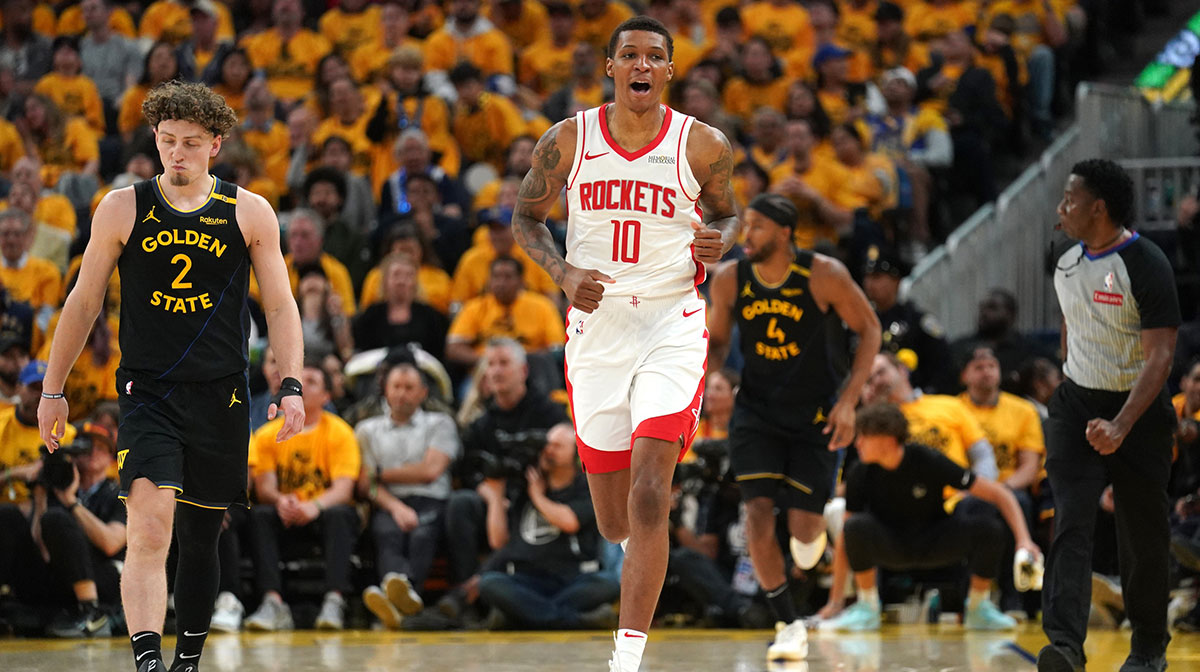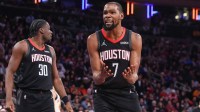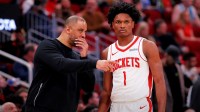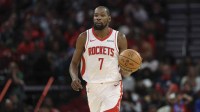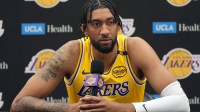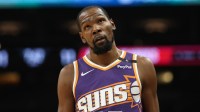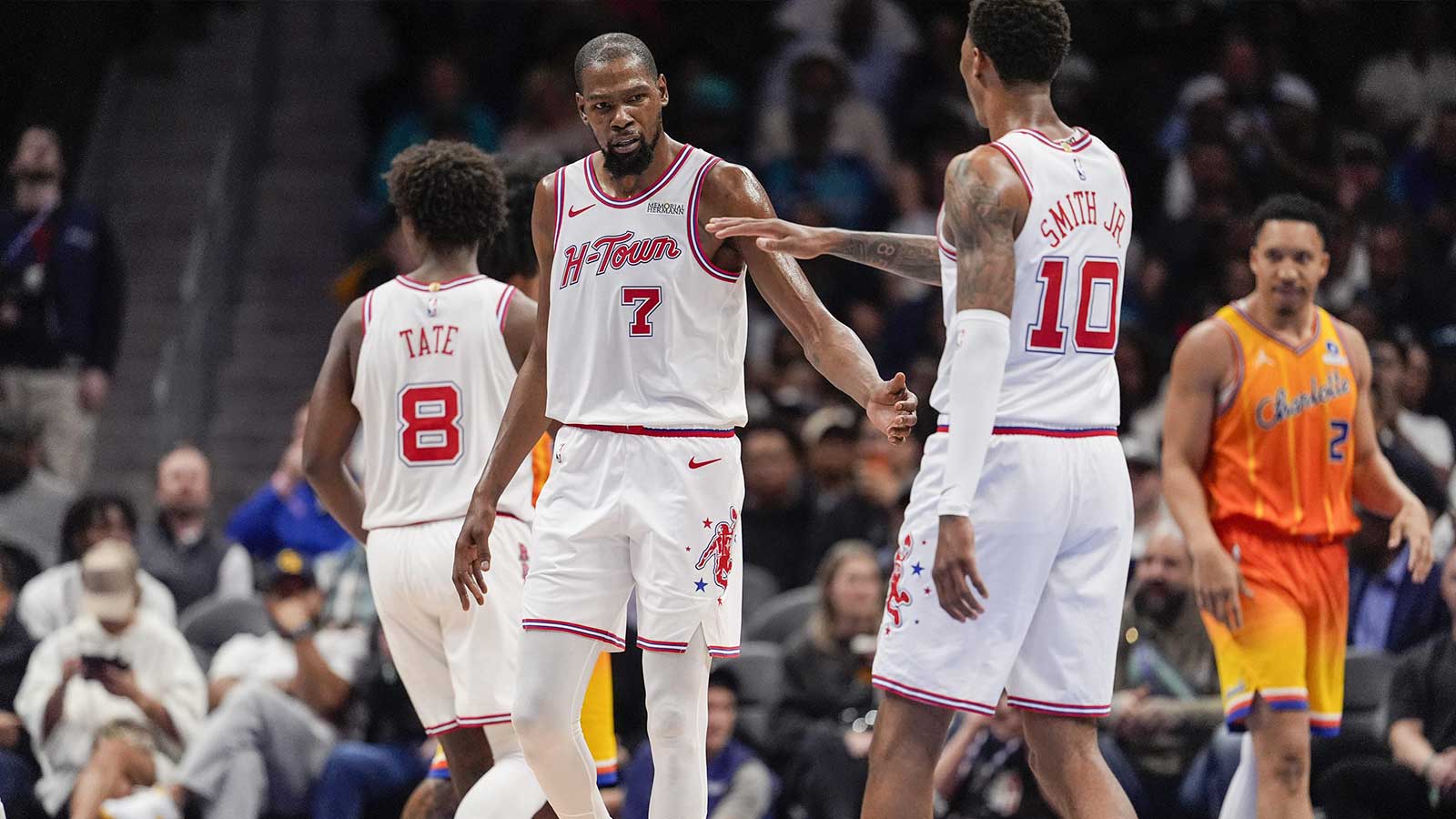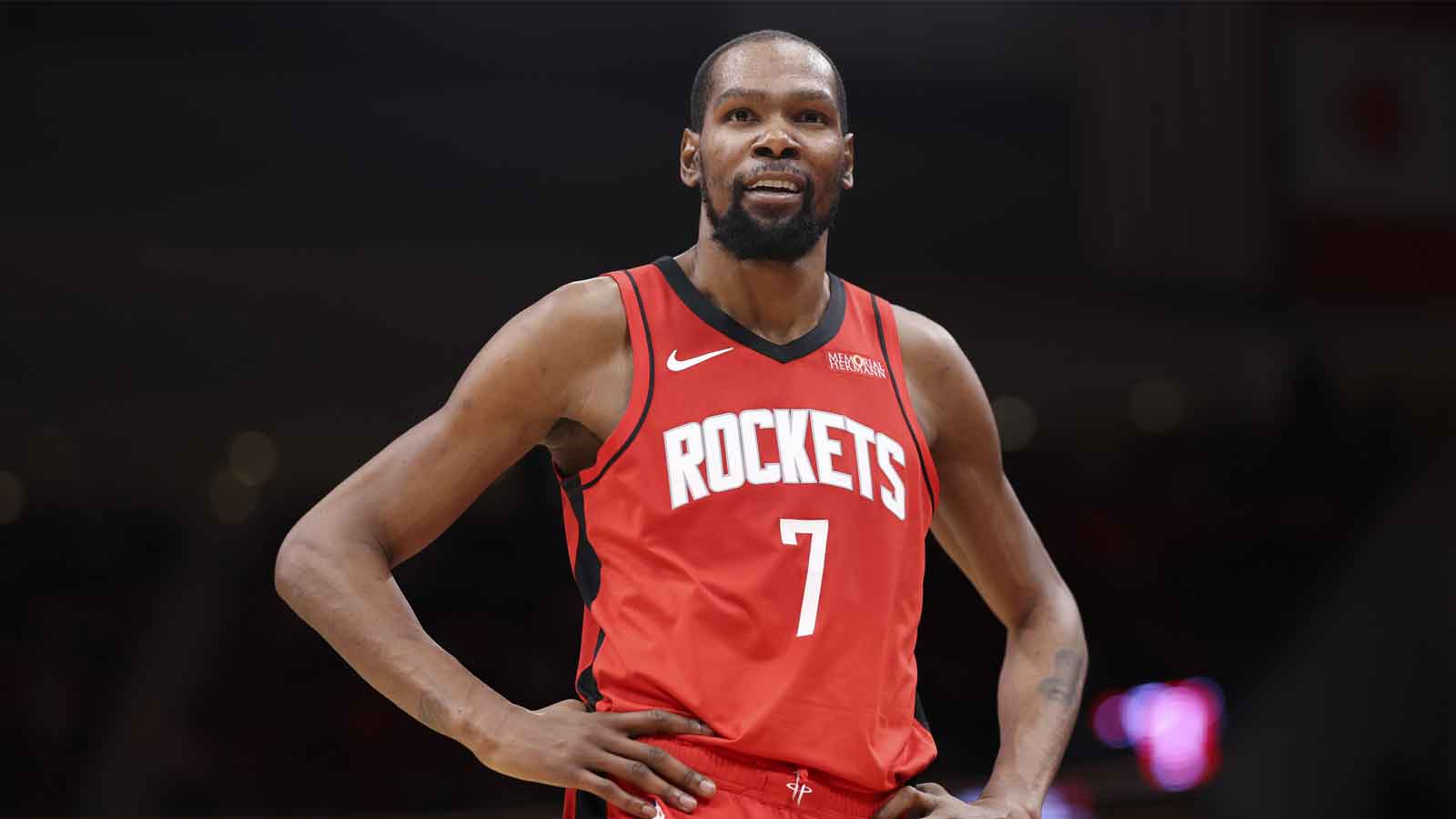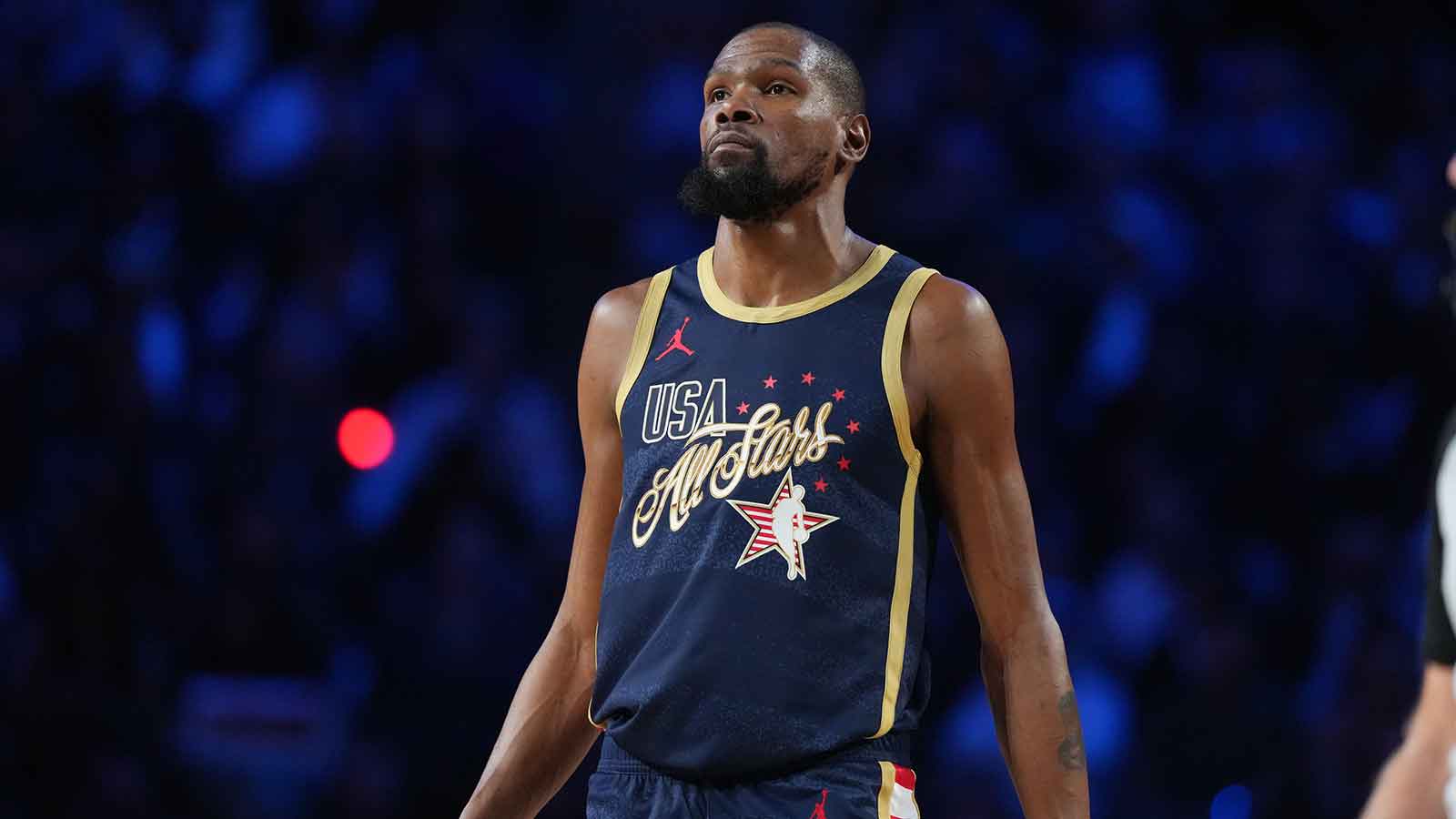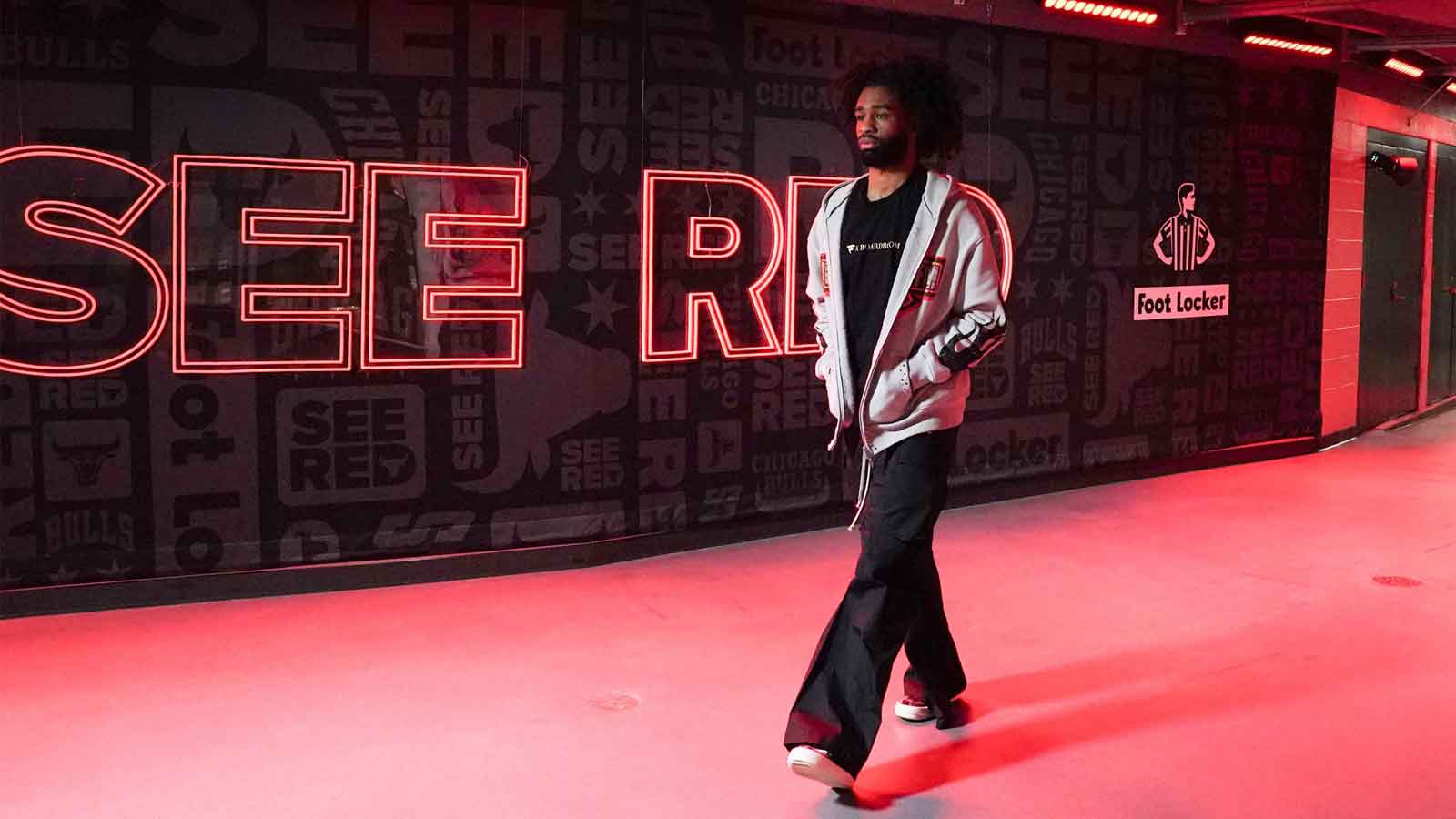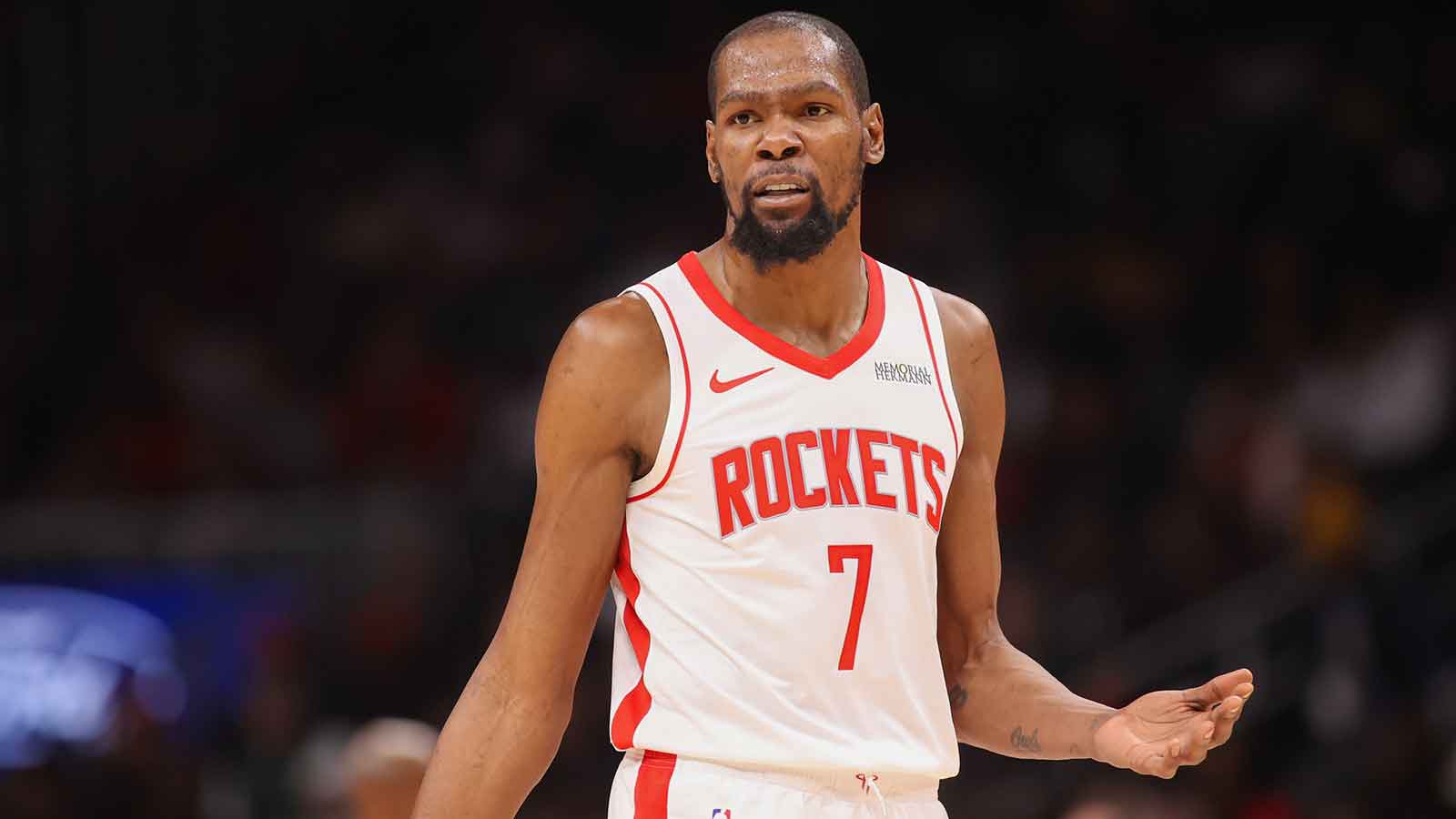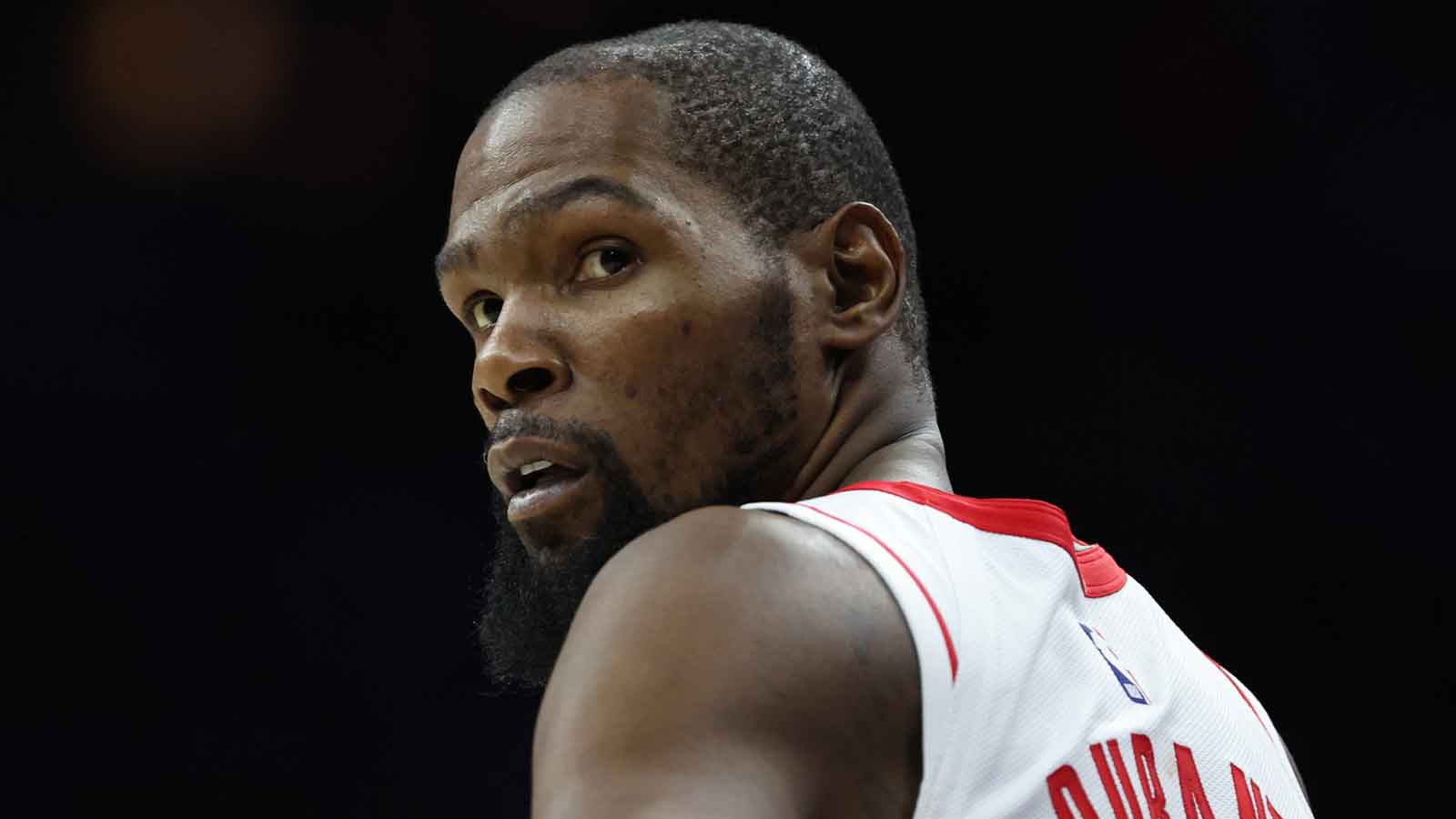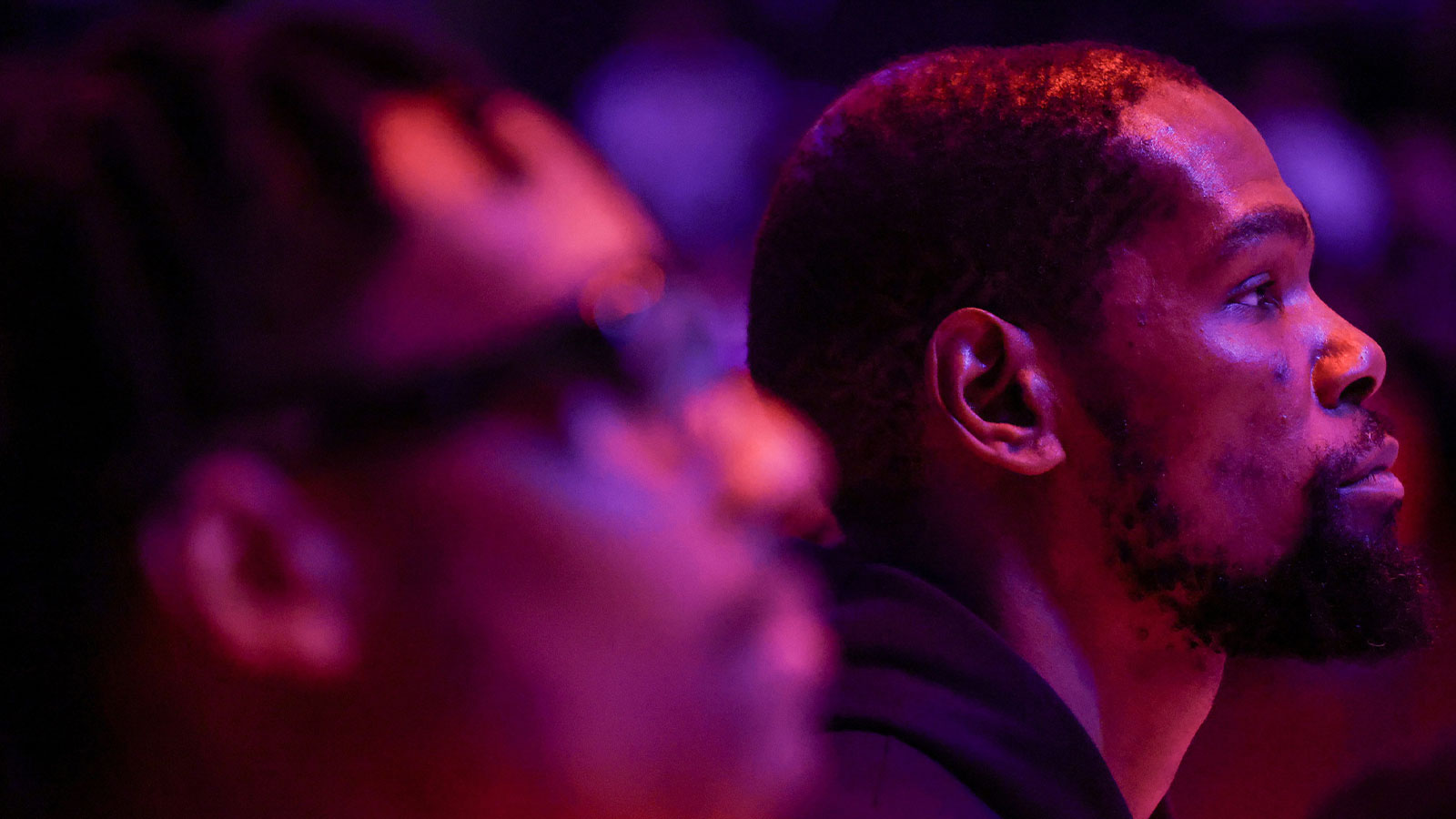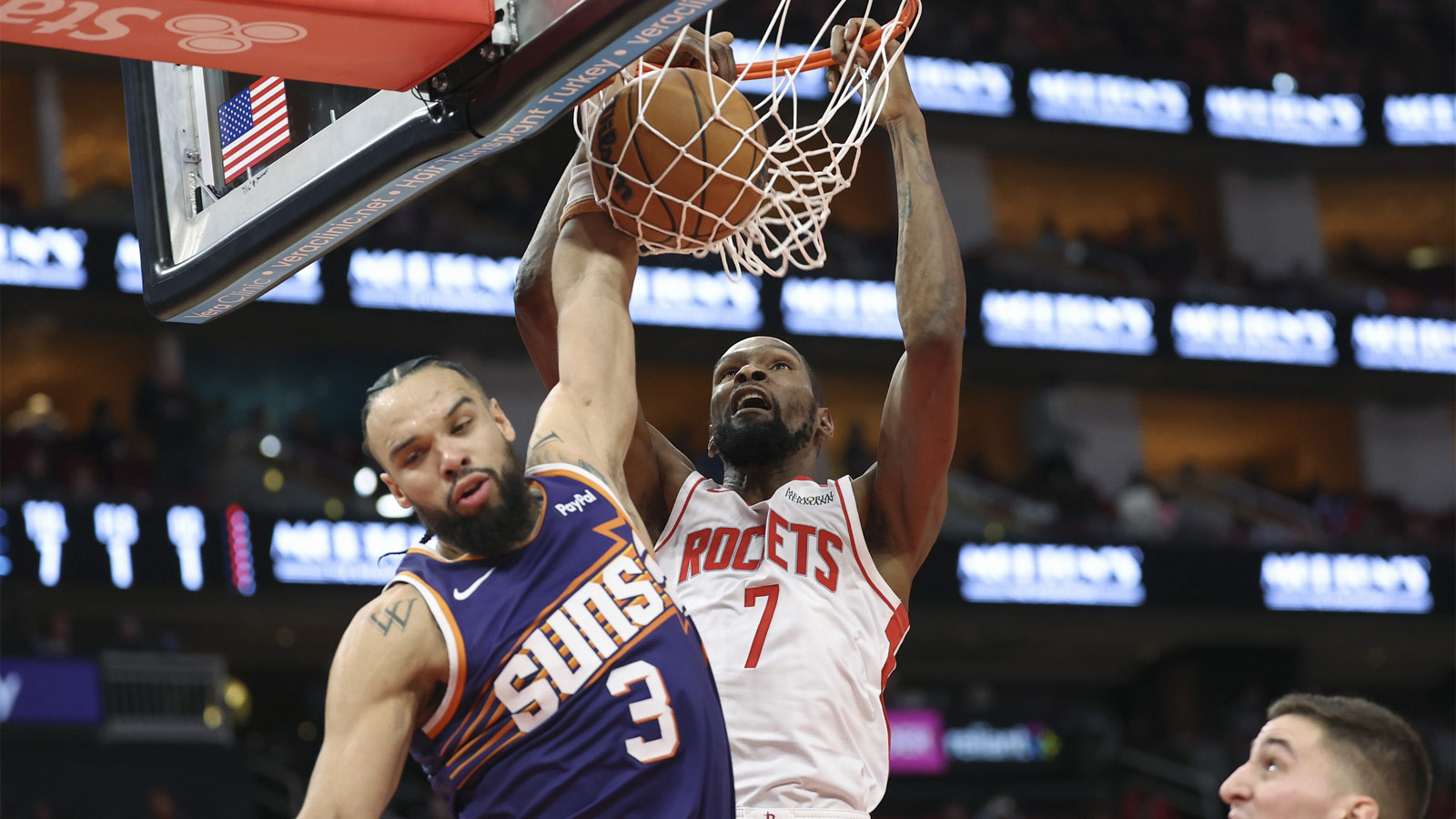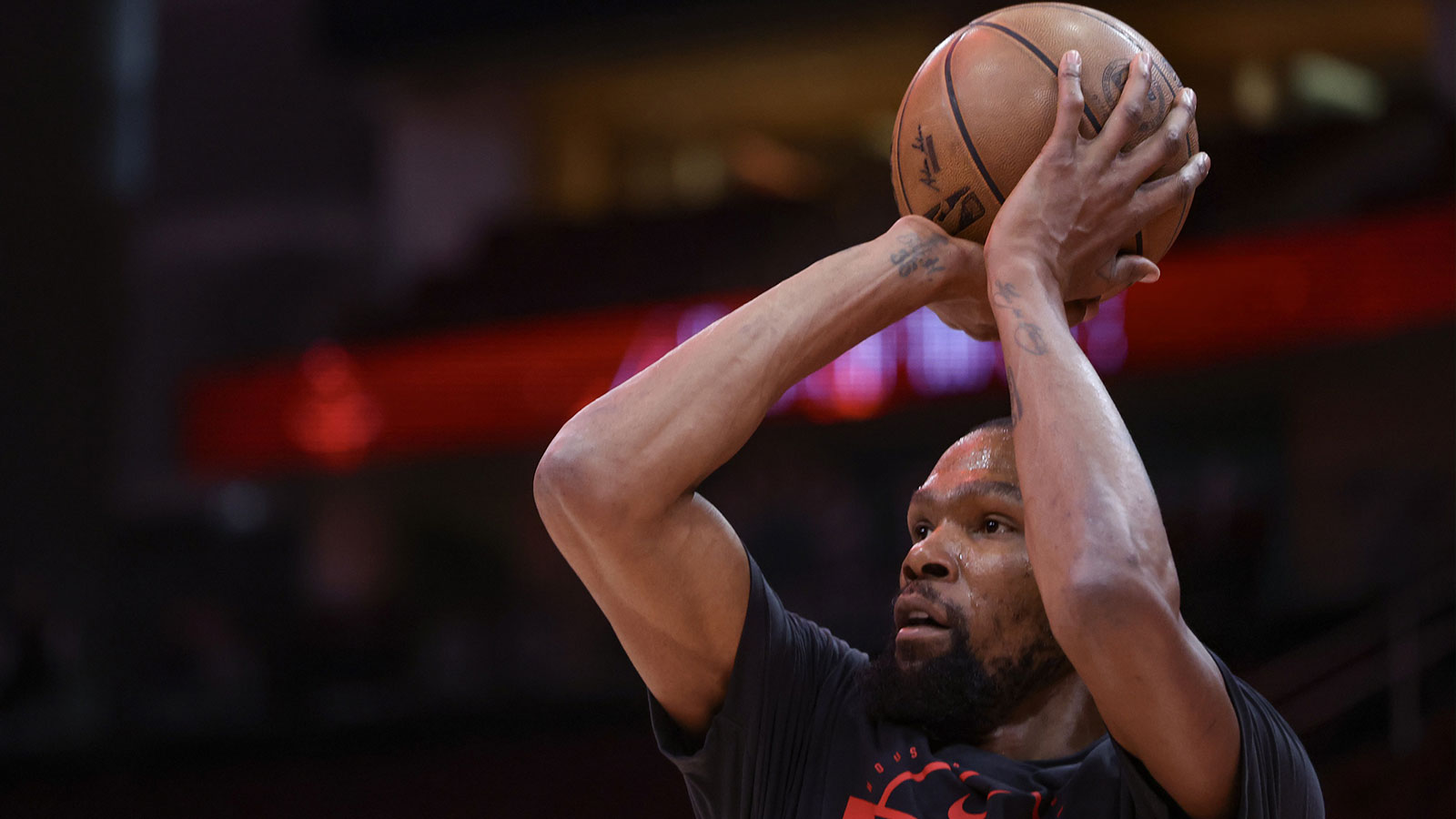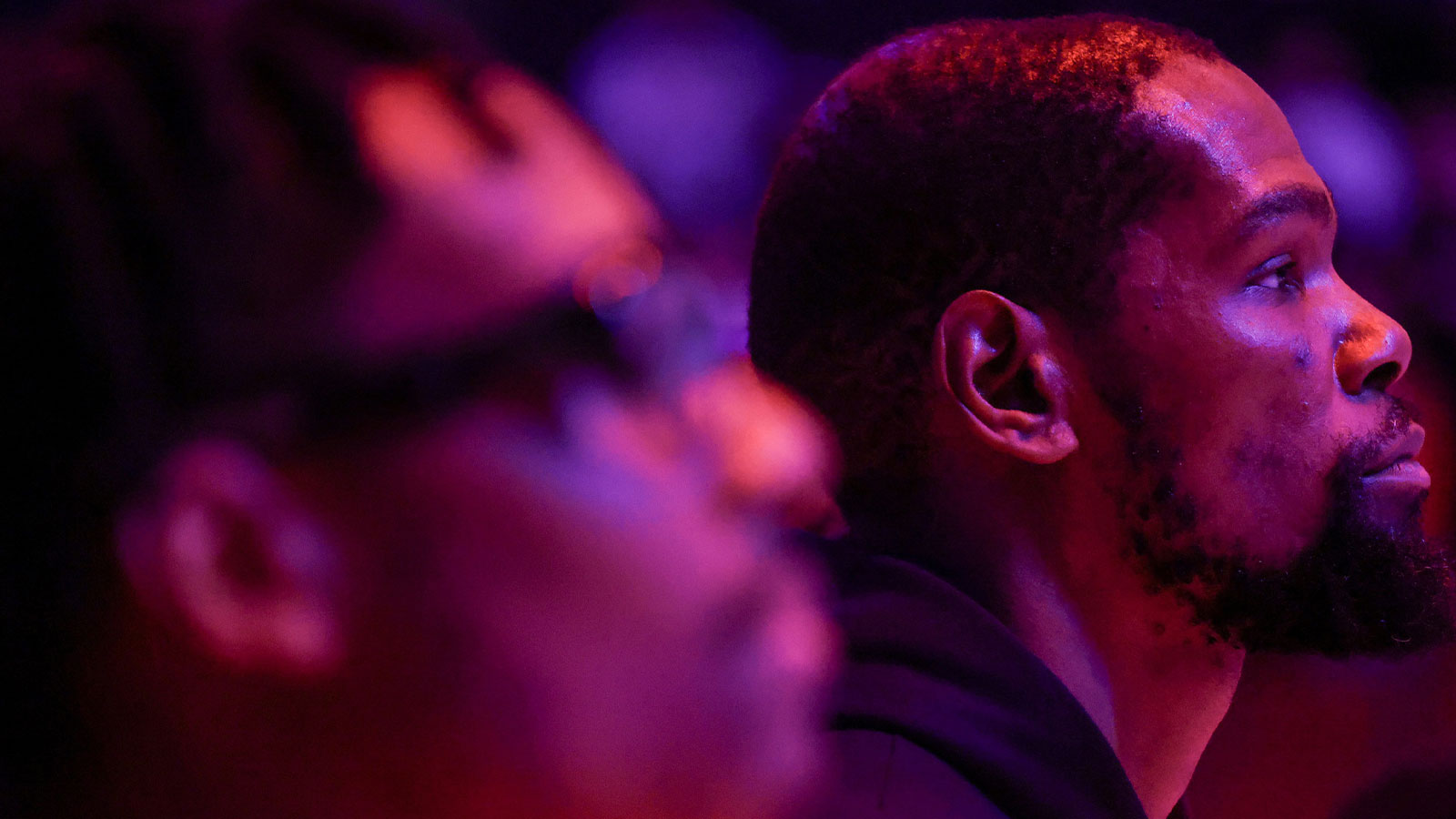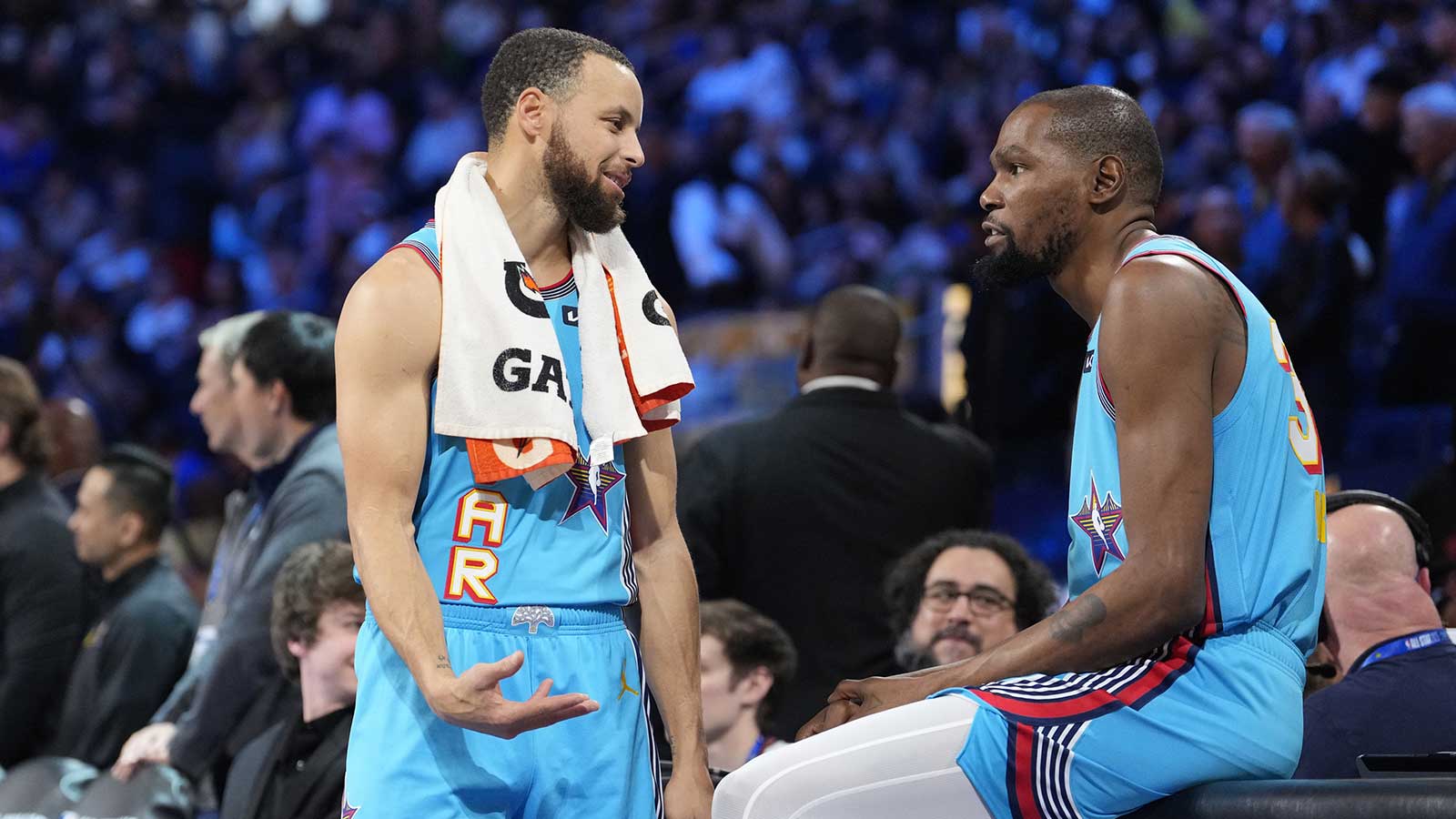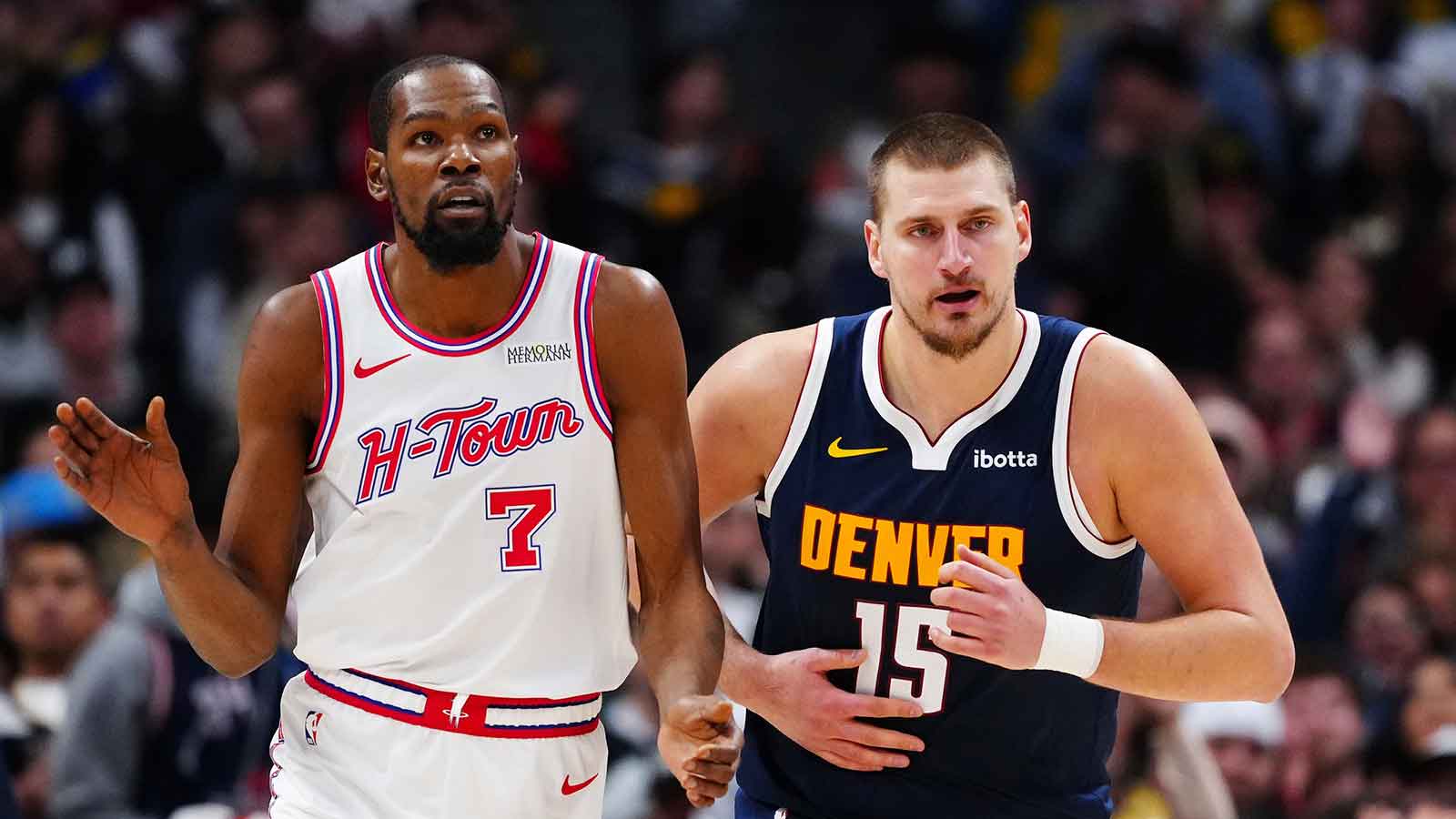The Houston Rockets are playing the long game, and doing it with precision. This NBA Free Agency, the Rockets made headlines by extending forward Jabari Smith Jr. on a five-year, $122 million rookie-scale deal. But what’s turning heads isn’t just the amount, it’s the structure. The deal starts at $23.64 million in Year 1, dips to $21.75 million in Year 2, then climbs steadily to $27.43 million by the final year. It's a non-traditional salary arc that could pay big dividends for Houston down the road.
Why the dip in Year 2? That’s where the Rockets’ strategy becomes clear.
The 2027–28 season, when Smith’s salary temporarily declines, could be a financial pinch point. It’s projected to be the second year of Kevin Durant’s potential contract, should he re-sign in Houston, and the first year of Amen Thompson’s rookie extension.
With two stars commanding serious money and a likely tax apron in play, every dollar counts. Smith’s brief pay drop gives Houston added flexibility in a tight cap window. It's a subtle move that could end up having major consequences for their future competitiveness.
Moreover, this kind of foresight is quickly becoming a hallmark of the Houston front office. Just weeks ago, the Rockets signed veteran forward Dorian Finney-Smith to a four-year deal. Notably, only the first two seasons are fully guaranteed. Once again, the move shows how Houston continues to manage risk and create flexibility. In doing so, they’re building a roster that blends veteran leadership with rising young talent.
Jabari Smith Jr., the No. 3 overall pick in 2022, has blossomed into a two-way force and cornerstone of the Rockets’ rebuild. With this extension, Houston locks in a rising star, but on terms that allow the team to stay nimble, strategic, and competitive.
In today’s NBA, cap gymnastics matter just as much as talent acquisition. The Rockets are proving they can handle both, making them one of the teams to watch this NBA Free Agency.

